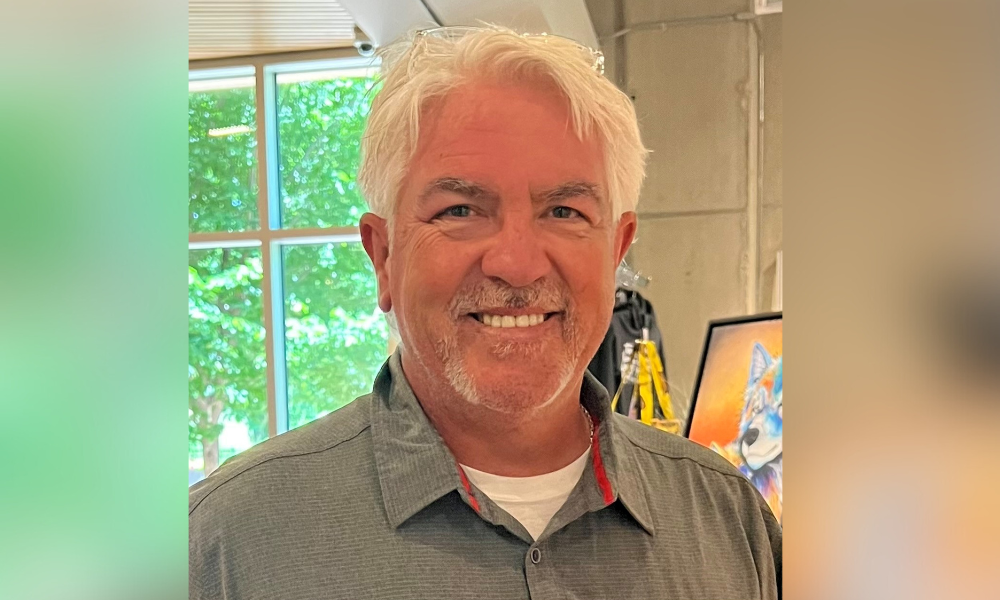
He says automotive industry is seeking specialized guidance on how to prepare and mitigate exposure

Canada may not have enough international trade lawyers with deep, niche experience to help clients weather a potential automotive tariff war with the United States.
That’s the view of Robert Kreklewetz, a founding partner at Millar Kreklewetz LLP, a boutique firm specializing in indirect tax, customs, and international trade law.
Canada’s legal market is relatively small, and according to Kreklewetz, even large firms usually only have a handful of lawyers practising international trade law. But even among those, only a chosen few have worked directly with major automotive clients – and that is where the gap becomes critical.
In Kreklewetz’s view, becoming an effective trade lawyer in the automotive sector requires a trifecta of experience: longevity, meaning you need to practise in the field for a long time; client exposure, which comes from working with top-tier clients; and industry immersion, which involves working closely with those clients to truly understand the issues they face on a day-to-day basis.
It’s that third factor – industry immersion – that most lawyers, even senior generalists, typically lack. And it’s the most crucial.
He says you can only develop that experience by working with automotive clients and seeing their issues daily and year to year.
Even experienced lawyers can’t instantly adapt to a new industry. Kreklewetz offers an analogy to illustrate the point:
“Imagine I'm an ear, nose and mouth specialist, and I'm a top-of-my-field surgeon. If somebody comes in with a lower leg issue, I'm not going to be the right guy. I might be able to figure it out. I'll crack that book open and figure out what's going on down in the foot zone and start diagnosing the metatarsal issues I see. But it's not going to happen without some work.”
He says the same principle applies in law. Trade lawyers unfamiliar with the automotive industry's complex supply chains, regulatory entanglements, and client realities will be disadvantaged in a time-sensitive, high-stakes environment like a tariff war.
While the tariff standoff between the US and the rest of the world is on pause, the pressure on legal counsel in Canada has not let up.
Kreklewetz says his days have ballooned to nearly 14 hours as parts suppliers and manufacturers seek guidance on how to prepare and mitigate potential exposure. The volume of work has increased dramatically, with clients seeking urgent answers to various legal and business concerns triggered by the changes in the trade environment.
The questions range widely, he says. Some clients are trying to understand the basics – what the tariffs are and what the new reality means – while others are searching for ways to limit their financial exposure or questioning whether their business model remains viable under the current conditions. As Kreklewetz puts it, the inquiries represent “the whole panoply” of legal and commercial challenges – from the deeply technical to the existential.
Notably, the calls aren’t limited to Canadian businesses. Both Canadian and US companies are scrambling to position themselves amid shifting rules.
A growing concern is pressure on US companies to “reshore” operations – to bring manufacturing activities back to their country.
This also poses a risk for Canada. As a relatively small player in the North American automotive market, the country is vulnerable to investment losses if companies see greater advantages in consolidating operations in the US, Kreklewetz says.
For that reason, some client concerns may fall outside the scope of legal advice altogether. He adds that trade counsel may not be able to offer a solution for companies facing dwindling market access or rising cost pressures.
He says the future of the Canadian automotive landscape remains difficult to predict, especially given the pause the US announced a couple of days ago.
“With the 90-day pause announcement, you're beginning to wonder whether this is a realistic situation, or if it's just a sort of a gambit that the Trump administration has put out there to try and renegotiate better deals on the trade front,” Kreklewetz says.